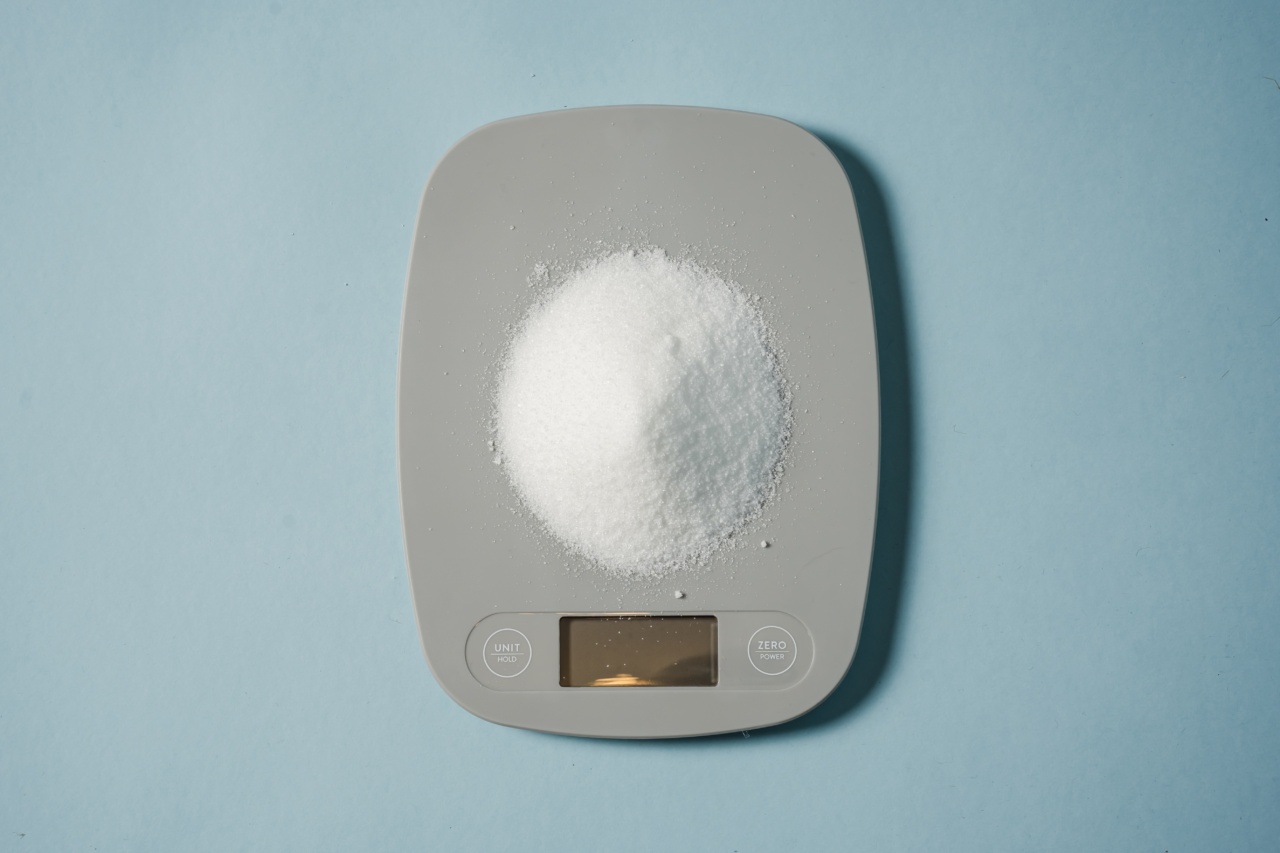Diabetes is a serious ailment affecting millions of people worldwide. It is characterized by high blood sugar levels that can lead to various complications and even be life-threatening if not managed properly.
However, with the right strategies and tactics, individuals can effectively control their blood sugar levels and lead a healthier life. In this article, we will discuss two SOS tactics to help save lives from diabetes and effectively control sugar.
1. Adopting a Balanced Diet
One of the most crucial aspects of managing diabetes is maintaining a balanced diet that promotes stable blood sugar levels. Here are some key points to consider:.
1.1 Count Your Carbohydrates
Carbohydrates have a direct impact on blood sugar levels. It is essential for individuals with diabetes to monitor their carbohydrate intake and make appropriate adjustments.
Instead of completely eliminating carbs, it is advisable to choose the right types of carbohydrates and control portion sizes.
1.2 Emphasize Fiber-Rich Foods
Fiber plays a vital role in managing blood sugar levels. It slows down the digestion process, leading to a gradual rise in blood sugar rather than a sudden spike.
Incorporating fiber-rich foods such as whole grains, fruits, vegetables, and legumes can help maintain stable blood sugar levels.
1.3 Choose Healthy Fats
Contrary to popular belief, not all fats are harmful to individuals with diabetes. Healthy fats like avocados, nuts, and olive oil can actually provide numerous health benefits and help control blood sugar.
However, it is important to consume these fats in moderation as they are high in calories.
1.4 Opt for Lean Proteins
Proteins have minimal impact on blood sugar levels and can help increase feelings of fullness. Choosing lean protein sources such as skinless chicken, fish, tofu, and beans can be beneficial for individuals with diabetes.
2. Regular Physical Activity
Engaging in regular physical activity is essential for overall health and managing diabetes. Here are two effective SOS tactics:.
2.1 Cardiovascular Exercises
Cardiovascular exercises like walking, jogging, swimming, or cycling can help lower blood sugar levels by increasing insulin sensitivity. Aim for at least 150 minutes of moderate-intensity aerobic activity per week, spread across several days.
2.2 Strength Training
Strength training exercises not only help build muscle but also improve glucose utilization. Include activities like weightlifting or bodyweight exercises in your fitness routine at least two days a week.
Conclusion
Diabetes is a chronic condition that requires consistent efforts to manage blood sugar levels effectively.
By adopting a balanced diet that focuses on counting carbohydrates, consuming fiber-rich foods, choosing healthy fats, and incorporating lean proteins, individuals can take control of their blood sugar levels. Regular physical activity, including cardiovascular exercises and strength training, further enhances the body’s ability to manage blood sugar effectively.
By implementing these two SOS tactics, we can significantly improve the lives of individuals with diabetes and prevent complications associated with uncontrolled blood sugar levels.






























